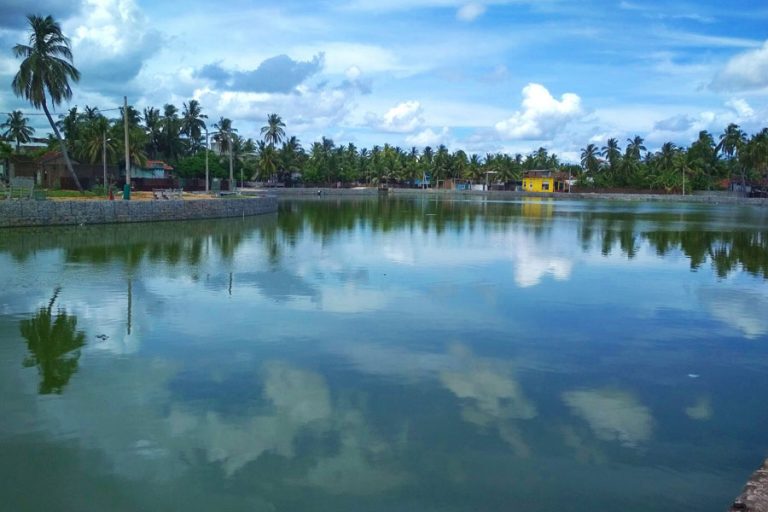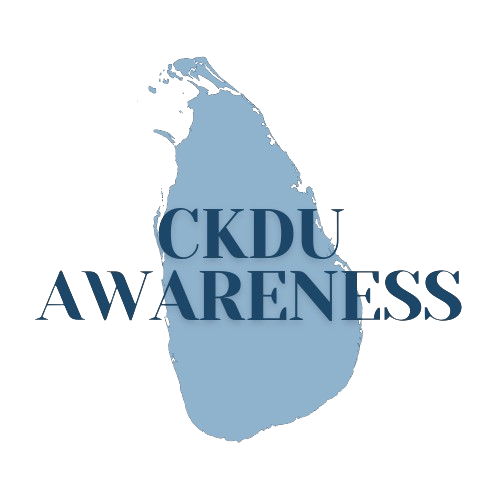
Water serves as a vital resource for communities worldwide, providing more than just hydration. In Sri Lanka, the correlation between water quality and Chronic Kidney Disease of Unknown Etiology (CKDu) has raised significant interest and concern. This article explores the intricate relationship between water quality and CKDu in Sri Lanka, examining the factors involved and the initiatives aimed at tackling this pressing issue.
Understanding CKDu and Its Environmental Context
CKDu poses a significant health challenge, particularly impacting rural communities involved in agriculture. While the exact causes of CKDu are still being investigated, environmental factors, including water quality, are believed to play a role in the disease.
Challenges in Water Quality in Sri Lanka
Agricultural Runoff Contaminants: Pesticides, herbicides, and fertilizers used in farming practices can seep into groundwater and surface water sources, affecting water quality and potentially leading to kidney damage.
Heavy Metals: High levels of heavy metals like arsenic and cadmium in water have been linked to kidney diseases, with industrial activities and natural processes contributing to contamination.
Fluoride and Water Hardness: Regions with high fluoride levels and water hardness in Sri Lanka have been associated with kidney stone formation and potential renal damage.
Microbial Contamination: Poor sanitation practices and microbial contamination of water sources can increase the risk of waterborne diseases that indirectly impact kidney health.
Research and Investigations
Researchers and public health experts in Sri Lanka are conducting studies to understand the link between water quality and CKDu, including water quality assessments and investigations into potential nephrotoxic agents in water sources. Most studies so far have found a link between CKDu and water quality.
Strategies for Mitigation and Prevention
Enhancing Water Treatment: Improving water treatment processes is crucial for ensuring safe drinking water, with collaborative efforts underway to upgrade facilities.
Community Water Monitoring Programs: Involving communities in water quality monitoring initiatives helps raise awareness and empower individuals to address water-related issues.
Promoting Rainwater Harvesting: Encouraging rainwater harvesting practices in rural areas reduces reliance on potentially contaminated groundwater sources.
Education and Awareness: Public education campaigns aim to raise awareness about clean water, proper sanitation, and the health impacts of water contaminants, including CKDu.
Advocacy and Policy Reform
Advocacy efforts focus on advocating for stricter regulations and policies to protect water quality, with collaborations between environmental organizations, health agencies, and policymakers working to promote sustainable water management practices.
Community Engagement and Solutions
Communities play a vital role in advocating for clean water, participating in water quality monitoring, and adopting water conservation practices. Community-driven initiatives promote collective action and sustainable solutions to water quality challenges.
Conclusion: Working Towards a Healthy Future
Addressing the link between water quality and CKDu requires holistic approaches to environmental health. By addressing water quality concerns, implementing preventive measures, conducting research, and advocating for policy reforms, Sri Lanka is taking proactive steps to safeguard public health and create a healthier future. Collaboration, innovation, and community empowerment are essential in addressing the complex relationship between water quality and CKDu in Sri Lanka.
.
